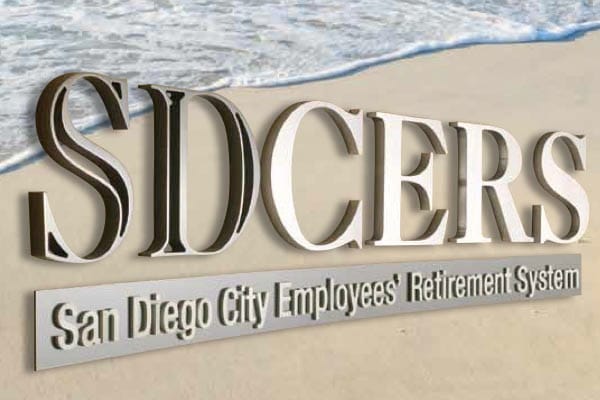San Diego Pension Reform and the Budget


Since 2003, San Diego has maintained a structural-deficit across various pension scandals in spite of multiple reform attempts. The San Diego Taxpayers Association remarked, “The main driver of the City’s fiscal woes has been the increase in pension costs.” Almost $430 million in total budgeted benefits were recorded for fiscal year 2013 – compared to just $155 million in 2001. The City's Annual Required Contribution (the minimum San Diego needs to spend to pay down these costs) has increased as well.
KPBS reports:
“San Diego's payments to the city's retirement fund soared from $43 million in 1999 to $231.2 million this year, equal to 20 percent of the city's general fund budget.”
The ballooning pension obligations have multiple causes. Perhaps, the most well known is the scandal that spanned Susan Golding and Dick Murphy’s tenure. The San Diego City Employees' Retirement System (SDCERS) illegally lowered funding requirements while increasing benefits, resulting in irreparable damage to San Diego’s budget. Few, if any, of the benefits were rolled back after the scandal was uncovered and pension costs soared.
Additional causes for skyrocketing costs are attributable to the pension fund itself. San Diego’s pension fund requires three revenue streams to remain fiscally sound: employees who pay into the fund, government contributions, and investment earnings, which constitute the majority of funding at around 70 percent. When the stock market performs poorly the pension fund suffers as well. For instance, this year’s earnings of only 0.3% are not even close to the required 7.5% target. Therefore, the city must make up the difference.
These primary factors have prompted San Diegans to draft and pass Proposition B. This version of San Diego pension reform has been hailed as a model for other cities who want to control pension costs. However, it has not been without considerable opposition from groups like the San Diego Municipal Employees Association.
Criticism of Prop B cites budget analysis from the city’s Independent Budget Analyst, who found all of the budget savings came from the five-year freeze on pensionable pay, and not from moving employees onto 401(k)/defined contribution plans, which will cost up to $54 million to implement over three years. Provided the pay freeze remains in tact, San Diego stands to save almost $1 billion in pension costs.
It is still too early to tell whether or not Proposition B has accomplished its goal of reigning in pension costs, but Mayor Jerry Sanders has felt optimistic about San Diego's budget outlook since February when he announced, "Today, I'm pleased to announce the city's decades-long structural budget deficit is history."


